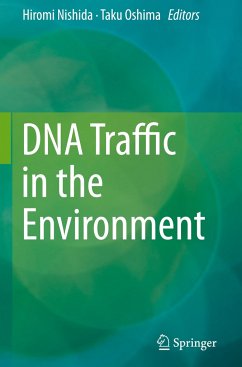This book comprehensively discusses our current understanding of the role and biological mechanisms of horizontal transfer of genetic elements in the environment, which has been important in the evolution of prokaryotes (archaea and bacteria).
Horizontal transfer of genetic elements generates variations of prokaryotes and their genomes. Comparative studies of genomes revealed that it frequently occurred during archaeal and bacterial evolution. The book introduces a variety of studies related to horizontal gene transfer, gene silencing, plasmids, phages, transposons, and the emergence of microbes that degrade man-made xenobiotics and have antimicrobial resistance. Written by leading researchers in DNA traffic, the book is a valuable guide to horizontal transfer for both young scientists and experts in the field.
Horizontal transfer of genetic elements generates variations of prokaryotes and their genomes. Comparative studies of genomes revealed that it frequently occurred during archaeal and bacterial evolution. The book introduces a variety of studies related to horizontal gene transfer, gene silencing, plasmids, phages, transposons, and the emergence of microbes that degrade man-made xenobiotics and have antimicrobial resistance. Written by leading researchers in DNA traffic, the book is a valuable guide to horizontal transfer for both young scientists and experts in the field.








